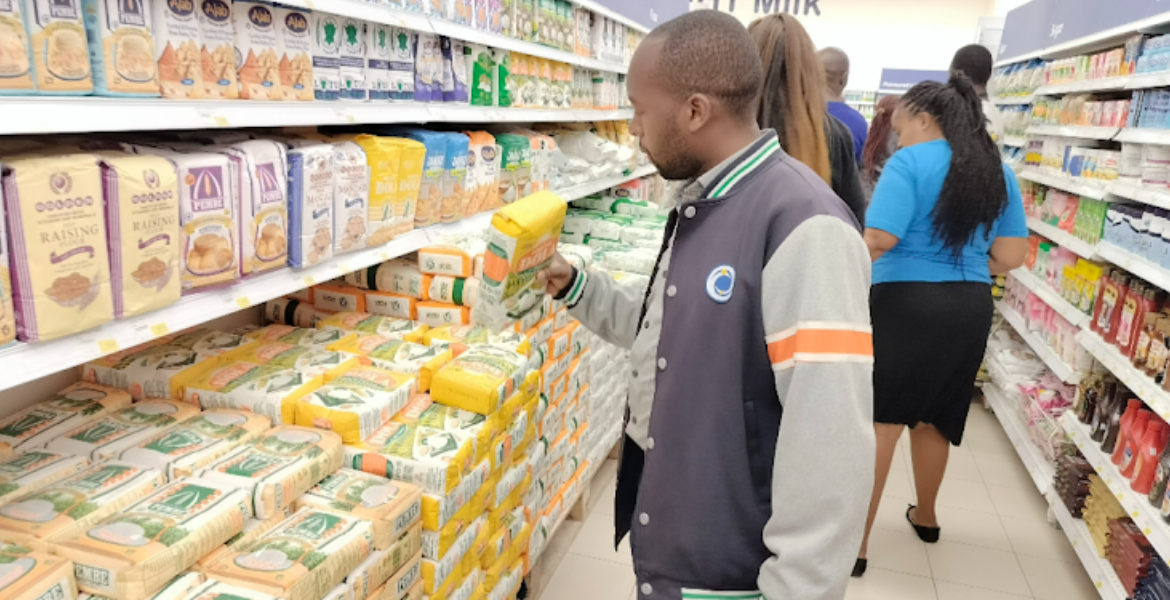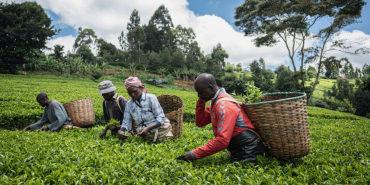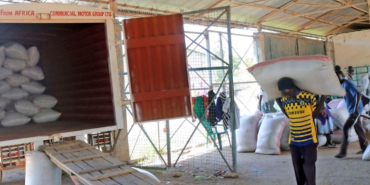Maize Flour Prices Plummet Amid Bumper Harvest

Ugali lovers can soon enjoy affordable servings as maize prices sharply decline due to the current harvest and the influx of low-cost produce from East African Community countries.
The price of maize has plummeted from a staggering Sh4,600 to a more affordable Sh2,200 per 90-kilogram bag in certain regions, primarily due to farmers releasing their hoarded stock to avoid losses. This has subsequently led to a significant decrease in maize flour prices, dropping from Sh180 to Sh120 per two-kilogram packet. The influx of maize from countries like Tanzania and Uganda has been a major contributor to the price decline. Tanzania, in particular, has emerged as a key exporter of maize and rice to Kenya and other East African nations. The Kenyan government has also made strides in boosting domestic production, projecting a harvest of 70 million bags of maize this season, up from 46 million last year.
This surplus is expected to further drive down prices. The government has announced plans to support agricultural institutions in improving seed multiplication to meet the growing demand for maize. This initiative aligns with the Kenya Kwanza administration's goal of achieving food security and reducing reliance on imports. Currently, Kenya imports food worth Sh500 billion annually, and President William Ruto has pledged to prioritize agriculture and enhance farmer productivity to decrease these imports.
While the government's efforts are commendable, it is important to note that global maize prices have also played a role in the recent decline. The wholesale price range for maize in Kenya in 2024 has decreased significantly compared to previous years. This is largely attributed to increased supply and reduced demand pressures. Maize prices in Kisumu and Nakuru have decreased from Sh5200 to Sh3400 andSh 3200 respectively due to increased supply and alternative crop harvests. Experts predict further declines as Western Kenya's maize harvest and cheaper imports from East Africa become available. The government aims for maize self-sufficiency by 2025, reducing import costs.
However, imports from Uganda, Zambia, and South Africa have risen while Tanzania's imports have decreased due to export restrictions. Millers urge the government to harmonize county-level cess and levy standards to ensure a steady maize flow and sustain their operations. The Kenyan Bureau of Statistics reports an average annual maize import of 295,092 metric tons over the past five years.








Comments
And President😁Ruto takes…
Permalink
And President😁Ruto takes Credit.
Add new comment